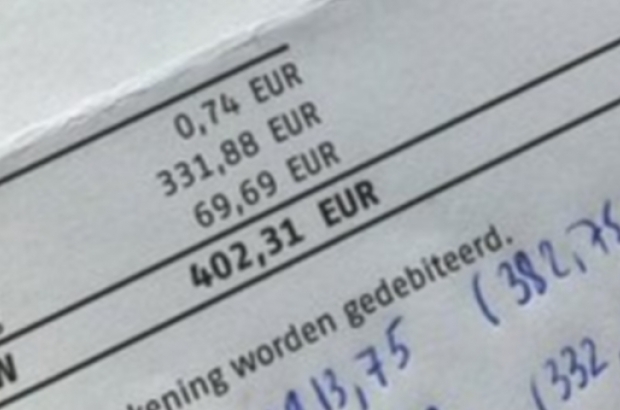- Daily & Weekly newsletters
- Buy & download The Bulletin
- Comment on our articles
Belgian tax on energy companies' excessive profits could raise €4.7 billion
Taxing the excessive profits energy companies are raking in as a result of skyrocketing prices could bring Belgium €4.7 billion, according to a memo from the country’s energy minister.
Tinne Van der Straeten (Groen) hopes to convince the government to implement a tax on these windfall profits, which politicians say can be returned to customers struggling to pay energy bills that are now rivalling their monthly rent.
European authorities have authorised member states to implement such a mechanism and foresee an authorisation to capture excess profits above a revenue of €180 per megawatt hour (MWh) from 1 December 2022 to 30 June 2023.
But Van der Straeten points out that member states are free to go further and set a lower cap for a longer period, which she recommends, suggesting a cap of €130 euros per MWh and a window of 1 January 2022 to 31 December 2023 - meaning the measure would be backdated.
The idea is to avoid an economic and social catastrophe as households become unable to pay the bills while energy providers reap record profits.
Van der Straeten's first estimate of expected revenues, for 2022, is €1.8 billion (including €710 million from the nuclear tax and €600 million from the solidarity contribution on fossil fuels), RTBF reports.
For 2023, the figure is €2.9 billion, which again includes the additional taxes from nuclear and fossil fuels.
The proposal from Van der Straeten calls for these funds to go entirely towards supporting individuals and companies affected by rising prices.
“As provided for in European regulations, the excess profits collected must be used to finance measures to support households and businesses in the face of high energy prices,” the memo reads.
Van der Straeten points to a recent study showing that electricity producers are the main beneficiaries of additional incomes resulting from the increase in market prices, and suggests several examples of ways to reallocate these windfall profits.
These include direct transfers to customers through a reduction in network tariffs, or compensation to suppliers who then offer customers lower prices as a result of government intervention in price setting.
The money could also be used to reduce the cost of buying electricity from end customers, or promote consumer investment in renewable energy or energy efficiency.
The proposal is on the table and remains to be considered amid ongoing budgetary discussions.



















